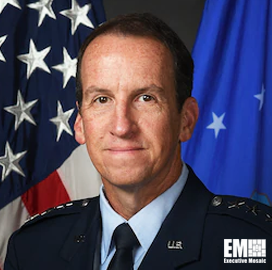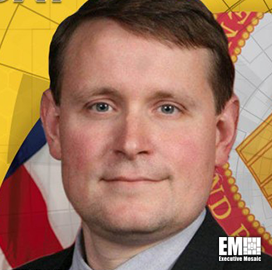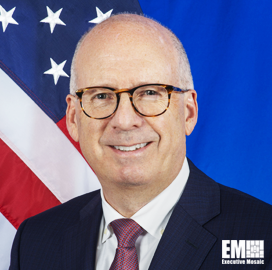Lt. Gen. Shaun Morris, commander of the Air Force Life Cycle Management Center (AFLCMC), said in a recent address that the center has invested significantly in technologies like 5G to help promote efficiency across military bases.
Aside from AFLCMC’s 5G efforts over the past year, Morris noted in his “State of the Center” speech that the center is also working to promote the implementation of open-systems frameworks, digital engineering and agile development.
“As an Air Force, I think it is important to capitalize off what we’ve done and not lose sight of these investments,” said Morris.
He also emphasized the importance of combining model-based and digital engineering approaches as well as machine learning and artificial intelligence to enable responsiveness and flexibility in addressing future threats.
The AFLCMC head added that he envisions the center’s educational initiatives like the Digital University program to serve as a foundation for how the center will address needs for dynamic training.
The Air Force’s success in competitive operations will depend on initiatives launched by Will Roper, the service’s acquisition chief and a 2020 Wash100 Award recipient, according to Morris. Morris was nominated to his current role in May 2020 and assumed the post in September.









